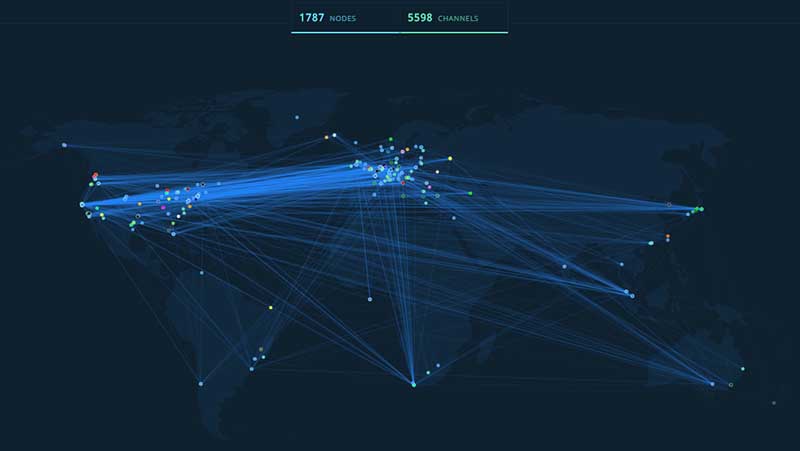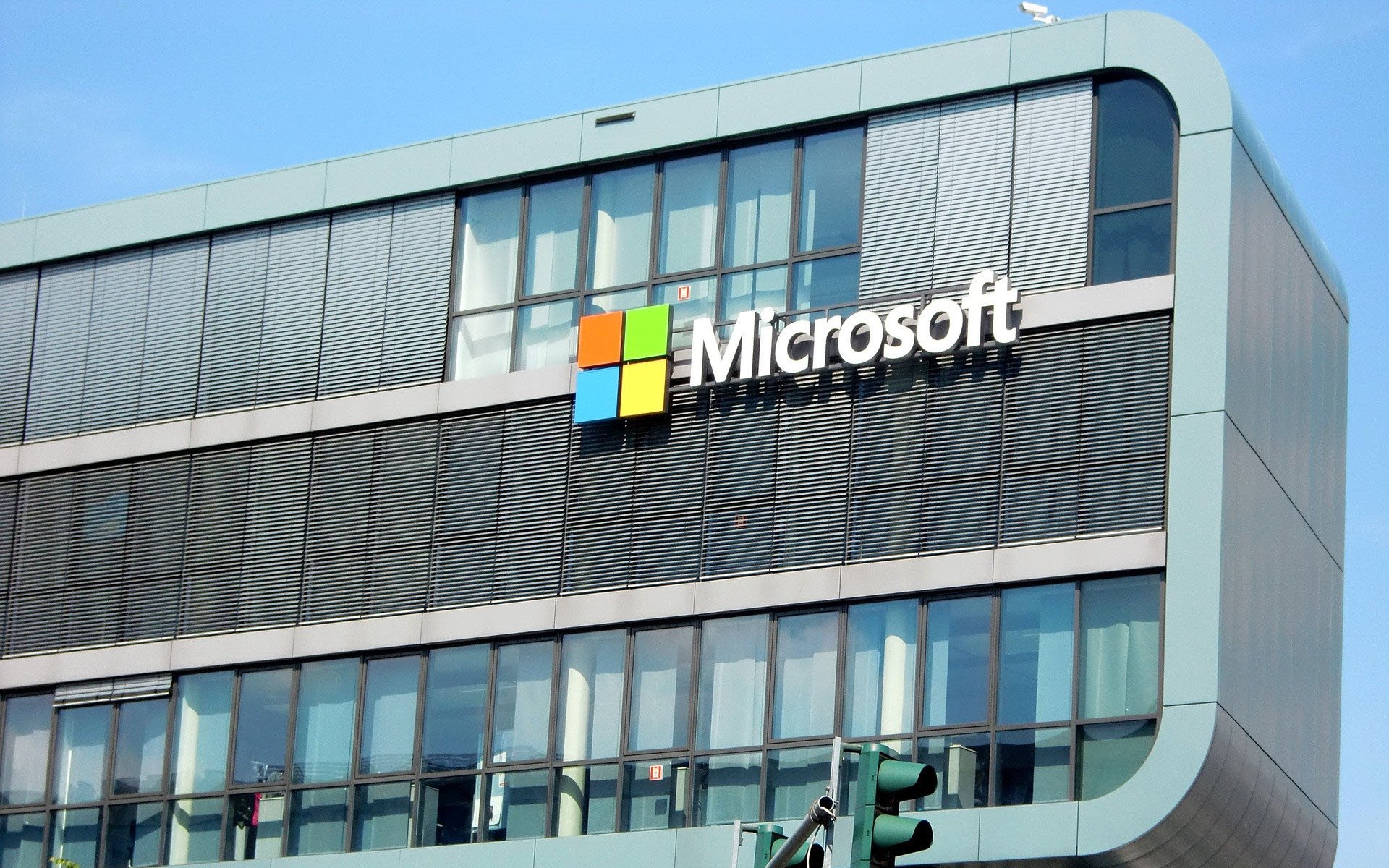Microsoft has concluded that so-called ‘layer 2’ solutions are necessary for Bitcoin to scale and is “collaborating” on the technology.
Microsoft: On-Chain Fails To Meet Capacity Needs
In a blog post on Monday, Director of Program Management at Microsoft’s Identity Division Alex Simons said that layer 2 scaling solutions, which principally involve the Lightning Network, are superior to on-chain scaling.
Simons writes:
While some blockchain communities have increased on-chain transaction capacity (e.g. blocksize increases), this approach generally degrades the decentralized state of the network and cannot reach the millions of transactions per second the system would generate at world-scale.
He later continues:
To overcome these technical barriers, we are collaborating on decentralized Layer 2 protocols that run atop these public blockchains to achieve global scale, while preserving the attributes of a world class DID (decentralized identity) system.
The post marks what is likely Microsoft’s most direct pledge yet on the future of public blockchains, including Bitcoin.
After a year of research Microsoft has concluded that on-chain scaling doesn't work: https://t.co/THeM2ToeFi pic.twitter.com/vRo1USTGza
— INNVTV (@innvtv) February 13, 2018
The computer giant’s description of on-chain scaling options as “degrading decentralization” in particular places it in opposition to Bitcoin hard forks offering bigger block sizes, specifically Bitcoin Cash.
The fork has long attracted criticism from some of Bitcoin’s earliest proponents, with computer scientist Nick Szabo calling the network “centralized sock puppetry” last year.
The resources it will now employ to further development of layer 2 remains unknown.

Lightning Network Passes Bitcoin Cash Node Count
“We are humbled and excited to take on such a massive challenge, but also know it can’t be accomplished alone,” Simons continues.
“We are counting on the support and input of our alliance partners, members of the Decentralized Identity Foundation, and the diverse Microsoft ecosystem of designers, policy makers, business partners, hardware and software builders.”
The Lightning Network had already made considerable advances this year, debuting its first mainnet release and growing rapidly to incorporate almost 2000 nodes as of February 13 – more than the Bitcoin Cash network.
The highly-anticipated layer 2 technology would serve to make Bitcoin transactions cost fractions of a US dollar cent and complete almost instantaneously.
What do you think about Microsoft’s appraisal of layer 2 scaling solutions? Let us know in the comments below!
Images courtesy of Lightning Network Explorer, Pexels










